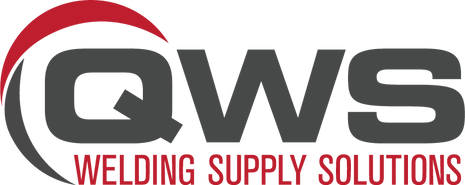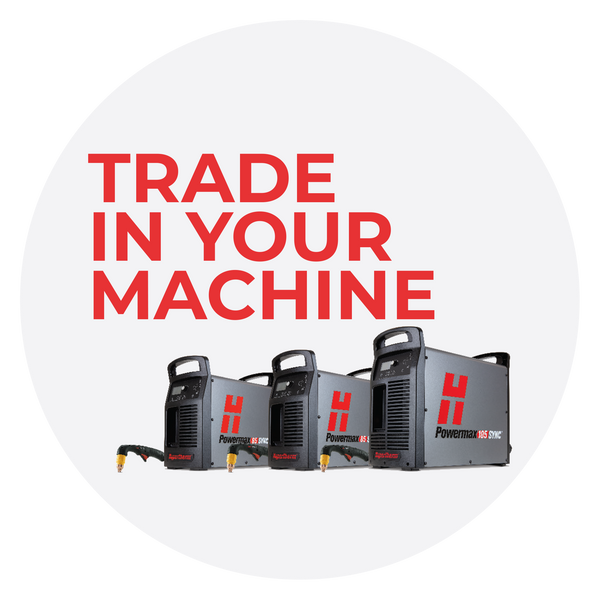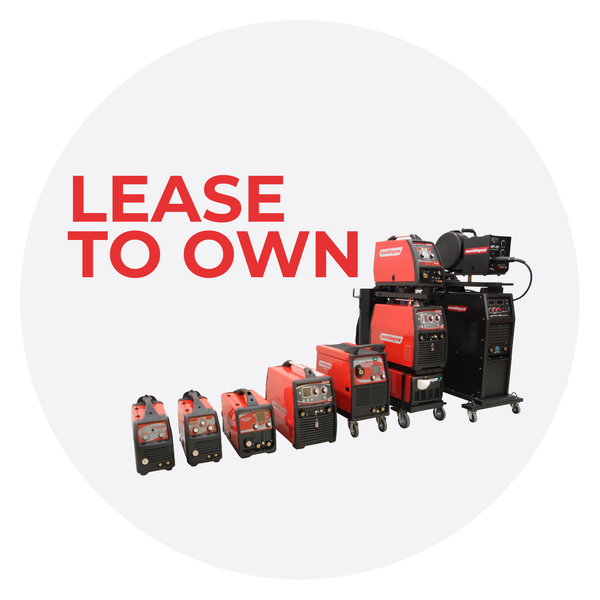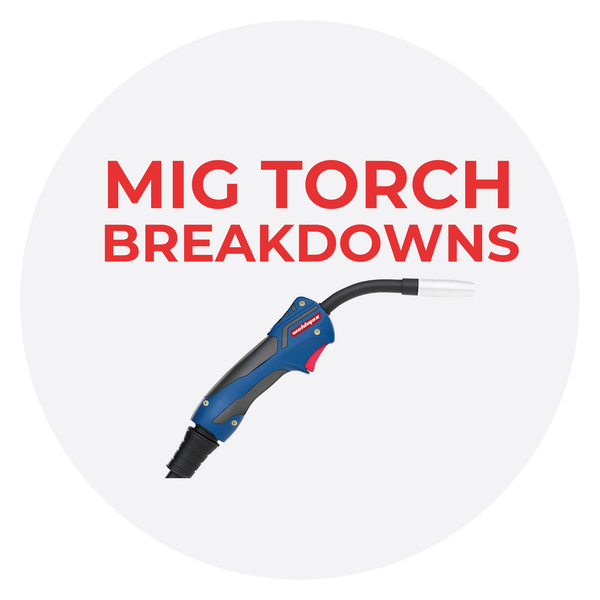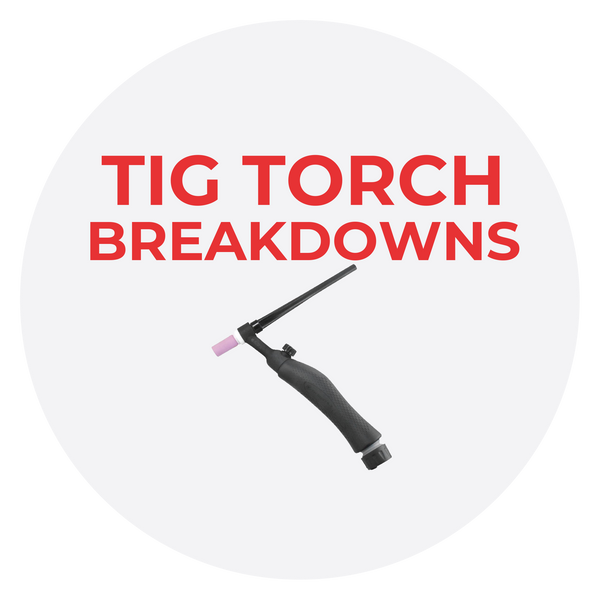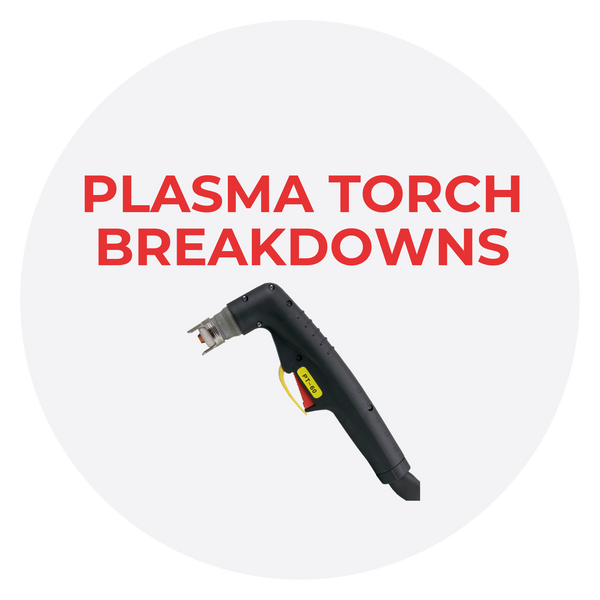
SHOULD I BUY OR RENT A WELDING MACHINE

Thinking of buying or renting a welding machine?
Choosing could be a little frustrating for there are lots of factors that should be taken into consideration before you make the final decision.
Deciding Factors:
Current Financial Status and knowing the difference of the Cost of renting vs buying
This seems like the most obvious factor to consider – do you currently have the capital to buy or is renting a better option for now? But you should look beyond your current situation and project your costs over several months or years. Although buying may be a larger one-time financial outlay, the cost of renting can add up quickly, and over a long period of time can end up costing you more – especially if the equipment isn’t being used for the entire rental period. And don’t forget: when you own, you can see a return on your investment when you sell.
You can reduce the initial financial impact of buying a piece of equipment in many different ways:
- Buy good quality used equipment – when you rent, you are often paying for the newest equipment with the latest technology; purchasing well-maintained used equipment can be cheaper than buying new equipment and may be more cost-effective than renting over the long term.
- Finance your equipment purchase – give your company some extra financial breathing room by financing your equipment purchases and keeping your capital to run your business.
- It’s also important to estimate the cost of equipment ownership versus the cost of renting equipment. With ownership comes maintenance and operating costs, insurance and other fees such as government licensing, and those costs obviously vary from machine to machine. Renting is generally an inclusive cost, but given that a rental company has to turn a profit, you should consider that your rental fees will include the purchase price and the cost of ownership, both marked up. You will probably have to pay to transport the equipment to and from the rental store as well, over and over.
Fuel is a cost that is common to both owning and renting and needs to be considered for both. Roughly, one-third of your total expenses will be for the cost of fuel.
Project Duration or Job Frequency
The duration of the project or the frequency of jobs on the calendar could be the deciding factor in whether you rent or buy equipment. If it’s a short term job, or you need a specialized piece of equipment for a one-off job, then renting may make more sense. The risk, of course, is that if the machine isn’t being used for the entire time it’s rented due to changes in the project schedule or unforeseen hold ups, then you’re spending money on a machine that’s sitting and waiting, not making you money.
If you’re working on a long project, or if you’ve got several jobs on the horizon, then buying probably makes better sense given that rental costs add up quickly the longer a job goes on. And a multi-purpose piece of equipment that can be used for various projects is a great asset on any jobsite.
Volume Requirements
The need may dictate supplementing equipment you own by renting additional welders. For example, building a power or processing plant, or working on a scheduled plant shutdown, may easily demand 100 to 300 arcs. To meet this sudden increase, most contractors prefer to rent rather than incur the capital expenses to purchase such a large fleet of equipment.
Transportation Cost
Many contractors overlook the total cost of equipment management. For example, if you're based in Brisbane and successfully bid on a job in NSW, you have to think about the cost of transporting equipment 600 miles. The costs of the truck, the driver, loading and unloading time and diesel fuel should be included. Once on the jobsite, you'll need to hire someone to maintain and fuel the equipment. Take into account geography-it may make more sense to rent equipment at a destination than to transport it.
The above mentioned factors could be the turning point of a decision but there are more factors that we should take in consideration as well, In the production or construction industry, a general rule of thumb is that if you don't use a piece of equipment more than 60 to 70 percent of the time, you should consider renting. However, if your operation rate exceeds that threshold, consider purchasing or leasing the equipment. Take the long view and think of future needs-if renting a machine costs as much or more than owning it, then it's time to buy.
The whole process could really be a series of confusion that could lead to a bad decision, so why spend precious time and endure so much pain? let us save you from all the hassles of this situation, QWS gives the best offer on renting / buying the best equipment with the latest technology plus it gives you the option for a rent to own equipment, talk to us and we’ll discuss the options available for you.
